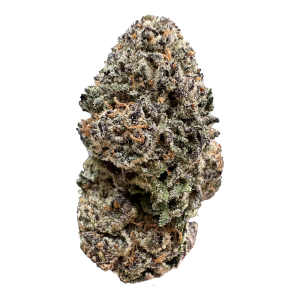
Shop at The Natural Remedy for top shelf BC Buds
From the definition on NIH, Huntington’s disease is a progressive brain disorder that affects the brain’s basal ganglia and causes uncontrolled movements, emotional problems, and loss of thinking ability (cognition). Adult-onset Huntington disease, the most common form of this disorder, usually appears in a person’s thirties or forties.
Some symptoms include:
There are significant variations in symptoms, and not every person will have all the symptoms to the same degree. Symptoms also vary with each stage of the disease.
“Most of the research on cannabis has been dedicated to tetrahydrocannabinol (THC) and cannabidiol (CBD), but there are dozens of other cannabinoids with unique medical potential as well. Cannabigerol (CBG) is one of the lesser-known molecules with especially significant potential. All of the other cannabinoids are derived from CBG, so it makes sense this cannabinoid has some profound medical benefits.A January 2015 study in Neurotherapeutics illuminated several mechanisms by which CBG may help treat symptoms associated with Huntington’s Disease. Researchers used two different in vivo models of Huntington’s Disease to most comprehensively ascertain CBG’s benefits”…. To read full Medical Jane article click here
Article source click here
For more studies on Cannabis for treating Huntington’s Disease click here
No account yet?
Create an Account